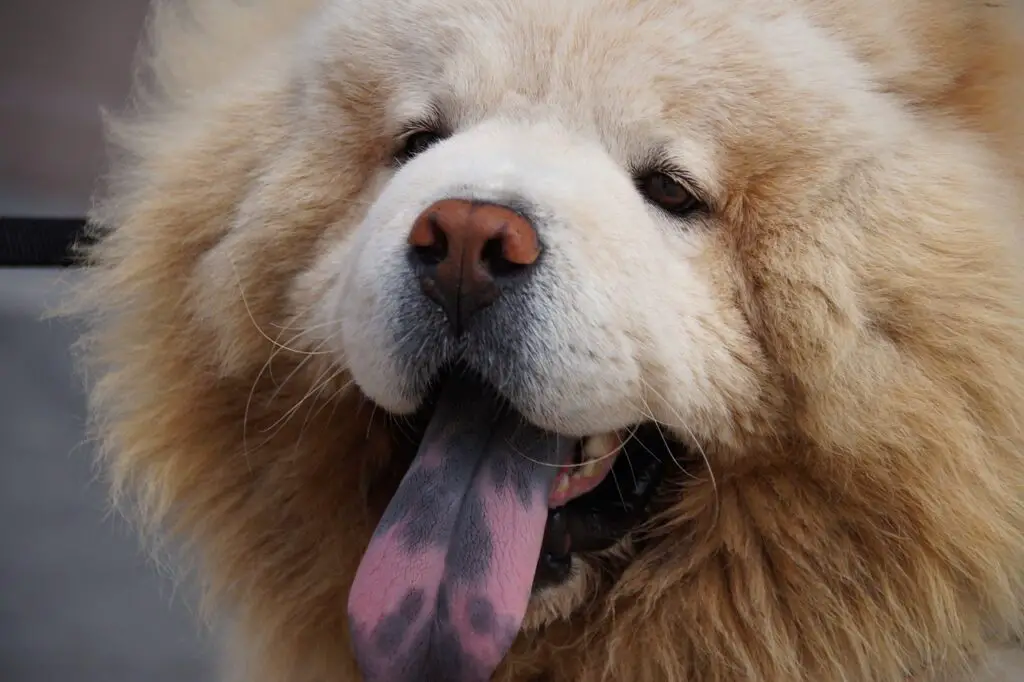Residing in an area with fresh water is fine.
Yet, moving to one with hard water can get you worried that your dog will become ill from consuming it.
Some people even wonder: “Doesn’t the water seem clean enough?
Why do I need to worry?”
I had similar concerns about my dog, Rocky, after shifting to an area with hard water.
It was only after consulting the vet that I offered him the water.
However, as with anything else, having the right information at hand ensures your furry companion can cope with the changes in their surroundings.
So, can dogs drink hard water?
Yes, hard water doesn’t pose a health risk for your dog as long as they don’t have a medical problem that it could exacerbate.
In fact, the minerals in hard water have many health benefits for dogs, such as helping in bone development.
However, treated hard water can contain chemicals like lead, which can cause kidney problems in your dog.
This article examines whether dogs can drink hard water safely.
It also looks at hard water’s benefits and risks to dogs.

Benefits of Hard Water for Dogs
Hard water is a good thing for your dog.
It has a lot of minerals in it that are good for your dog’s health.
These include:
- Calcium and magnesium are unusually high in hard water. They help maintain a healthy pH level in their bodies. The minerals are also necessary for normal growth and development processes in dogs.
- Calcium and magnesium are essential for bone and teeth development. Moreover, they help your dog’s digestion, which means they will have fewer digestive problems as they age.
- Hard water also contains trace amounts of copper and zinc, essential for a healthy immune system. They can help your dog’s immune system fight germs more effectively than soft water.
- Hard water contains silica, a naturally occurring mineral that helps prevent kidney stones in dogs. Silica also helps keep skin and fur healthy.
- Hard water is also an excellent source of potassium. This mineral helps regulate your pet’s heartbeat, blood pressure and nervous system functions.
- Hard water is a good source of chromium, which aids in glucose metabolism and blood sugar regulation.
Risks of Hard Water for Dogs
Hard water can be a severe issue for dogs.
It may contain harmful substances, including:
E.coli
The primary concern about hard water is the presence of E.coli in hard water. E. coli is a common pathogen that can cause:
- Diarrhea
- Abdominal pain and cramping
- Nausea and vomiting
- Fever
- Headache
- Fatigue
The symptoms are similar to those of campylobacter infections.
Giardia
Giardia is a bacteria that can be found in hard water.
It causes diarrhea and vomiting in dogs, especially young dogs that don’t have fully developed immune systems.
If your pup had contact with hard water through swimming in a lake or river with high Giardia levels, they might get infected.
Take them to the vet for treatment with medication and injection against giardia.
Fluoride
Treated hard water may contain fluoride, a chemical added to drinking water to prevent tooth decay.
However, it can cause bone damage and deformity in dogs who drink it.
Chlorine
Chlorine used to treat hard water can irritate dogs’ eyes and skin.
As a result, your dog may have pink eye (conjunctivitis) and corneal ulcers.
Additionally, chlorine reacts with calcium carbonate in urine to produce chloramines.
They smell like ammonia and cause chronic respiratory problems in dogs.
Lead
Lead can accumulate in your dog’s body over time if they drink from an untreated source, like a stream.
Lead poisoning can cause kidney damage and liver failure.
Lead poisoning is a severe health issue for dogs, and it can also cause infertility or death if left untreated.
Mineral Buildup
Hard water contains minerals.
When these minerals build up in your dog’s body, they can cause kidney damage.
This is especially true if your dog drinks a lot of unfiltered hard water directly from the tap.
If you think Fido may be suffering from kidney problems, take them to the vet immediately.
So if you have hard water in your home, check the levels of these chemicals before giving your dog access.

Clean Water Solutions for your Dog
Clean water is essential for any dog.
This water is good for their health and helps prevent the spread of disease, which can be severe if left untreated.
Here are some tips for keeping your dog’s water clean:
Install a Water Filter
If you have hard water and your dog is used to drinking from the tap, install a water filter.
It will change the minerals in the water, so they aren’t absorbed into your dog’s body.
Hard water filters also help reduce the number of bacteria and germs in the source.
A dirty or unhealthy water source for your pet can result from either inadequate water filtration or a malfunctioning filter.
So, ensure your water filter works efficiently. Water filters help reduce the metallic and dirt taste in hard water.
Always Use a Clean Water Bowl
Ensure your dog’s water bowl is clean all the time.
Any dirt or algae build-up on the sides of the bowl indicates that bacteria are growing there.
As a result, your pup may get ill after consuming water from that bowl.
Clean these areas regularly with warm soapy water or vinegar, and rinse thoroughly before refilling with filtered water.
Install a Pet Water Fountain
If you have an outdoor space for your pet where they like to drink, install a pet water fountain.
These fountains are designed especially for pets so that you can fill them with clean drinking water.
This way, they can stay hydrated even when there isn’t water available outside their bowl.
By doing this, you won’t have to worry about them taking water elsewhere that might harm them.
Is Hard Water Safe for Dogs?
Yes, hard water is safe for dogs.
Dogs are generally not adversely affected by this water since it contains minerals such as magnesium, calcium, and iron.
However, some vets do not recommend giving water to your dog without first treating it.
This is because of potential chemicals and additives, such as chlorine and fluoride, in the hard water.
Yet, if they drink too much hard water, it can have a direct impact on your dog’s overall health.
Such water can cause abrasions and irritation to the lining of the gums and mouths.
Therefore, check your water source to ensure there aren’t any contaminants.
These chemicals could be toxic if your dog consumes them.
For instance, Lead may cause kidney issues.
Conclusion
Hard water can be fine for most dogs if they otherwise seem healthy.
This water is not harmful to our dogs, as it contains minerals, such as potassium, that improve their health.
If you are concerned that drinking hard water may worsen a dog’s existing medical conditions, speak to your veterinarian first.
Your dog should remain healthy if you regularly provide them with filtered hard water.
- What Dog Breeds Have Pink Skin? - March 24, 2023
- What Are the Most Inspiring Dog Breeding Quotes? - March 20, 2023
- Can Pheromone Spray Help Improve Dog Breeding Results? - March 19, 2023








